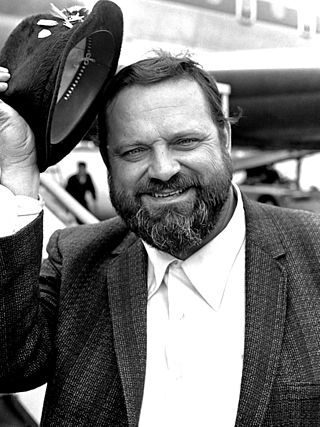
Alois Maxwell "Al" Hirt was an American trumpeter and bandleader. He is best remembered for his million-selling recordings of "Java" and the accompanying album Honey in the Horn (1963), and for the theme music to The Green Hornet. His nicknames included "Jumbo" and "The Round Mound of Sound". Colin Escott, an author of musician biographies, wrote that RCA Victor, for which Hirt had recorded most of his best-selling recordings and for which he had spent most of his professional recording career, had simply dubbed him "The King." Hirt was inducted into The Louisiana Music Hall of Fame in November 2009. He received eight Grammy nominations during his lifetime, including winning the Grammy award in 1964 for his version of "Java".
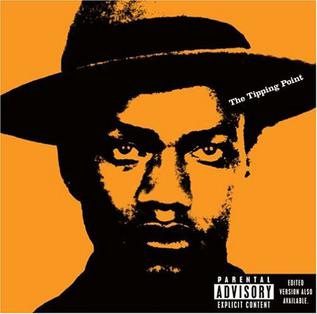
The Tipping Point is the sixth studio album by American hip hop band the Roots, released July 13, 2004 on Geffen Records. It is named after Malcolm Gladwell's book of the same name (2000), and is the follow-up to Phrenology (2002). The album is a musical departure from their previous work, featuring a more diverse, yet pop-oriented sound, and it contains lyrics associated with rapping-prowess, political insight, and social commentary. The Tipping Point has been noted by music writers for exhibiting and emphasizing soul, jazz, and funk influences as well. The song "I Don't Care" was featured on the soundtrack of the game Gran Turismo 4.

"Al di là" ("Beyond") is a song written by Italian composer Carlo Donida and lyricist Mogol, and recorded by Betty Curtis. The English lyrics were written by Ervin Drake. The song was the Italian entry in the Eurovision Song Contest 1961, performed in Italian by Curtis at the Palais des Festivals in Cannes, France, on 18 March 1961, after Curtis had won the Sanremo Music Festival 1961 on 2 February.
"You Took Advantage of Me" is a 1928 popular song composed by Richard Rodgers, with lyrics by Lorenz Hart, for the musical Present Arms (1928), where it was introduced by Joyce Barbour and Busby Berkeley as the characters Edna Stevens and Douglas Atwell. The characters were formerly married, but still have romantic feelings for each other. On opening night, Berkeley forgot the lyrics and had to scat and hum the entire second verse. Berkeley also claimed that his nonsense lyrics for the improvised second verse left Hart "almost apoplectic", but the audience was amused and Hart later forgave him. The song was subsequently included in the 1930 film Leathernecking, an adaptation of Present Arms.
"Music to Watch Girls By" was the first Top 40 hit by Bob Crewe using his own name, recorded by his group The Bob Crewe Generation. The music was composed by Sidney "Sid" Ramin.
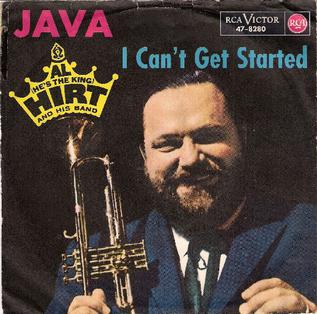
"Java" is an instrumental adaptation from a 1958 LP of piano compositions, The Wild Sounds of New Orleans, by Tousan, also known as New Orleans producer/songwriter Allen Toussaint. As was the case of the rest of Toussaint's LP, "Java" was composed in studio, primarily by Toussaint.
Fancy pants may refer to:
"Cotton Candy" is an instrumental written by Russ Damon and recorded by Al Hirt for his 1964 album, Cotton Candy. The piece was also featured on Hirt's greatest hits album, The Best of Al Hirt.
"Sugar Lips" is a song written by Billy Sherrill and Buddy Killen and recorded by Al Hirt for his 1964 album, Sugar Lips. The song reached No. 30 on the Billboard Hot 100 and No. 3 on the Easy Listening chart in 1964.
"Fancy Pants" is a song written by Floyd Cramer and was recorded by Al Hirt for his 1965 album, That Honey Horn Sound. The song reached #47 on the Billboard Hot 100 and #9 on the Adult Contemporary chart in 1965.

The Greatest Horn in the World is the second album by Al Hirt to be released by RCA Victor. Like his previous album, Hirt covers some of the most famous jazz standards of his time.

Cotton Candy is an album by Al Hirt that was released in 1964 by RCA Victor. The album features the Anita Kerr Singers.
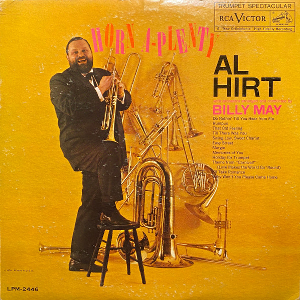
Horn A-Plenty is a big band album by Al Hirt that was released in 1962 by RCA Victor. The album was arranged and conducted by Billy May and performed by a group of top Hollywood session musicians.

Honey in the Horn is an album by Al Hirt released by RCA Victor. The album was produced by Chet Atkins and Steve Sholes. The Anita Kerr Singers provided the vocals for the album. The backing band on the album consisted of saxophonist Boots Randolph, bassist Bob Moore, guitarists Ray Edenton and Grady Martin, and pianist Floyd Cramer.
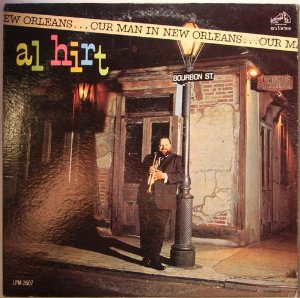
Our Man in New Orleans is an album by Al Hirt (RCA-LPM-2607) released by RCA Victor. The album was conducted and arranged by Marty Paich and produced by Steve Sholes.

Beauty and the Beard is an album by Al Hirt and Ann-Margret released by RCA Victor in 1964. The album was arranged by Marty Paich and produced by Steve Sholes.
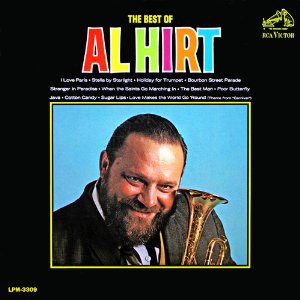
The Best of Al Hirt is a compilation album by Al Hirt released by RCA Victor in 1965. The album peaked at No. 13 on the Billboard Top LPs chart.
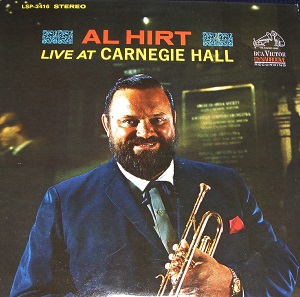
Live at Carnegie Hall is a 1965 live album by Al Hirt released by RCA Victor recorded at Carnegie Hall. The album was produced by Jim Foglesong arranged by Gerald Wilson.
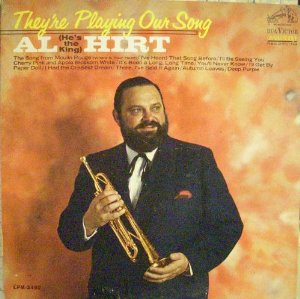
They're Playing Our Song is an album by Al Hirt released by RCA Victor in 1965. The album was produced by Jim Foglesong. It was recorded at Webster Hall in Manhattan, New York City.

Stan Getz Plays Music from the Soundtrack of Mickey One is a 1965 studio album by Stan Getz arranged by Eddie Sauter of their music for the soundtrack of the 1965 film Mickey One. The two men had previously collaborated on Getz's album Focus (1961).














